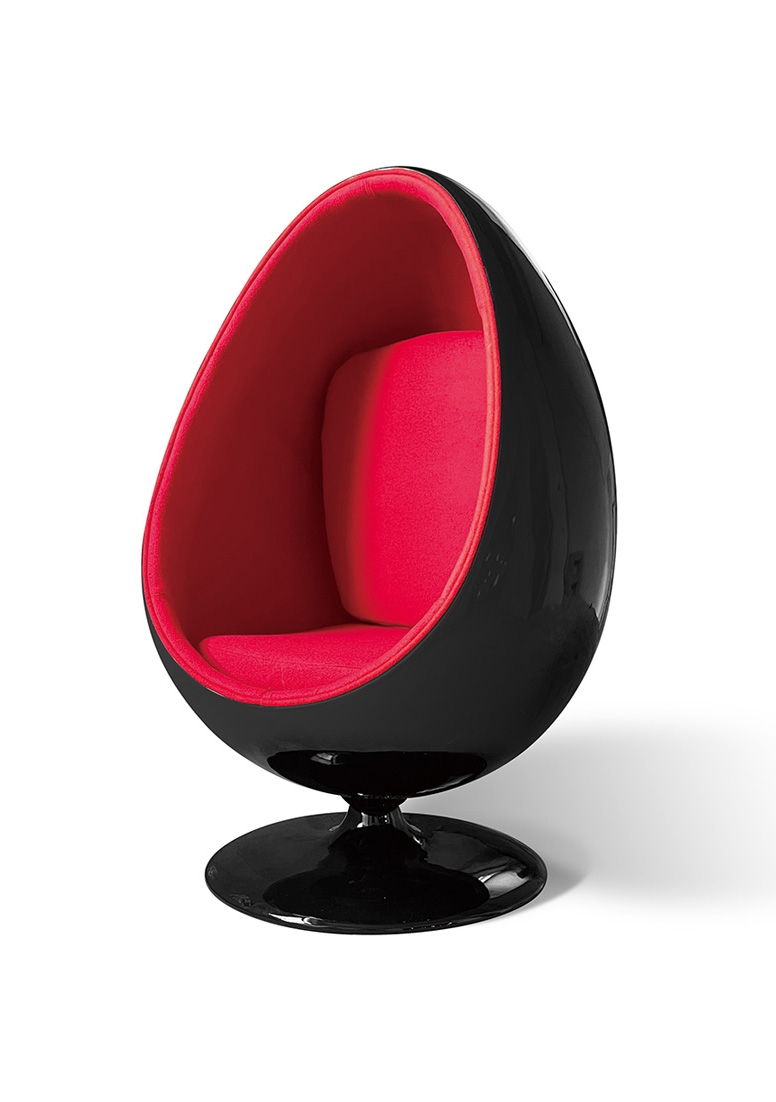Breathing clean air is essential to maintaining good health, but in today’s world, it’s becoming increasingly difficult to find clean air. Polluted air is not only unpleasant to breathe but can also pose serious health risks. The air we breathe can be contaminated by a variety of pollutants, including dust, pollen, bacteria, viruses, and chemicals. These pollutants can cause respiratory problems, allergies, and other health issues. Fortunately, air purification can help improve the quality of air and, as a result, promote better health. In this blog post, we’ll explore the benefits of clean air and how air purification can help.
Better Respiratory Health
One of the most significant benefits of clean air is improved respiratory health. Polluted air can cause respiratory problems, including coughing, wheezing, shortness of breath, and asthma attacks. Inhaling pollutants can also irritate the airways and cause inflammation, which can lead to chronic respiratory conditions. Air purification can remove pollutants from the air, including allergens, smoke, and airborne particles, which can help reduce the risk of respiratory problems. By breathing cleaner air, you can improve your lung health and reduce your risk of developing respiratory conditions.
Reduced Allergies and Asthma Symptoms
Airborne allergens like pollen, pet dander, and dust mites can trigger allergic reactions and asthma symptoms. Allergic reactions can cause sneezing, coughing, runny nose, itchy eyes, and other symptoms, while asthma symptoms can include wheezing, coughing, and shortness of breath. Air purification can help reduce the concentration of airborne allergens, making it easier for people with allergies and asthma to breathe. By reducing the concentration of airborne allergens, air purification can help reduce allergy and asthma symptoms.
Fewer Sick Days
Another benefit of clean air is that it can help reduce the number of sick days people take. Polluted air can contain viruses and bacteria that can cause illnesses, including the flu and the common cold. By removing these contaminants from the air, air purification can help reduce the spread of illness. This is especially important in public places like schools, hospitals, and offices where people come into contact with each other regularly. By reducing the spread of illness, air purification can help keep people healthy and reduce the number of sick days they take.
Improved Sleep Quality
Air purification can also improve sleep quality. Poor air quality can cause people to wake up frequently during the night or experience difficulty falling asleep. Polluted air can cause respiratory problems and irritate the airways, making it difficult to breathe while sleeping. Air purification can remove pollutants from the air, improving the quality of the air people breathe while they sleep. By breathing cleaner air, people can sleep more soundly and wake up feeling more rested and refreshed.
Reduced Stress and Anxiety
Air purification can also help reduce stress and anxiety. Studies have shown that exposure to polluted air can increase stress levels and lead to anxiety. Breathing clean air, on the other hand, can have a calming effect on the body and reduce stress levels. By removing pollutants from the air, air purification can help create a more relaxing environment, reducing stress levels and promoting a sense of calm.
Conclusion
Clean air is essential to maintaining good health, and air purification can help improve the quality of the air people breathe. By removing pollutants from the air, air purification can help reduce the risk of respiratory problems, allergies, and other health issues. Air purification can also help reduce the spread of illness, improve sleep quality, and reduce stress and anxiety. With so many benefits, it’s easy to see why air purification is becoming an increasingly popular way to improve indoor air quality and promote







